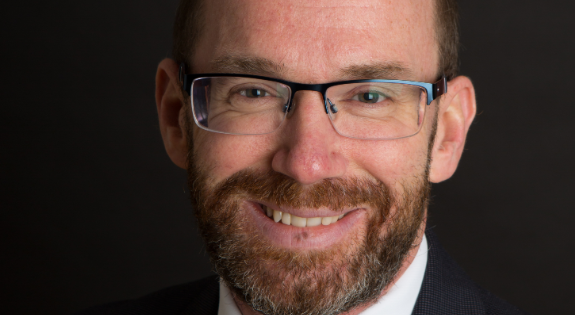Trust is vital when it comes to any insurance product.
Consumers need to be confident that the insurance company is a reliable, stable organisation that will be there for them when they need it the most – when they need to make a claim.
However, in recent times trust in insurers has been eroded, through negative headlines and poor customer experience, with many doubting the integrity of insurers and their desire to pay out.
The annual Association of Mortgage Intermediaries (AMI) Viewpoint survey revealed just how much mistrust exists; on average, respondents thought only 60% of income protection claims would be paid.
This is far below the real figure across the industry and Cirencester Friendly’s pay out rate of 95.4% of claims in 2022.
We, like many other insurers including large providers like L&G and Aviva, have published our claims stats for many years and Cirencester Friendly is proud to have paid out at least 94% every year for more than the past decade.
So why isn’t the message getting through? Why do people still think their claims are not likely to be paid?
When it comes to statistics, we all know they can be tweaked to appear more favourable.
Is this what people think when they see high claims stats? Do people think we’re not telling the full story?
Let’s talk about declined claims
While providers are quick to talk about successes, there is less willingness to discuss why claims are declined.
If there was greater transparency, with organisations being more open about why payments are not made, it would both inform consumers about what they should avoid doing and demonstrate that as an industry we have nothing to hide.
I believe our members have the right to know why claims were declined so they can trust that we are acting in good faith.
As a mutual society, the interest of our members must come first. If they think this isn’t happening and we lose trust, our very purpose is in jeopardy.
So, we would like to share details about our claims.
In 2022, we received 1,433 claims. Of these, 20 were not eligible. This is because the claim was for an excluded medical condition or the claim finished before the end of their deferred period.
This leaves 1,413 claims, of which 65 of these were declined. Let’s delve deeper into a few of these claims to understand why they weren’t paid.
Example 1 – claim declined due to no loss of earnings
The member had two jobs and one of them continued to pay full pay for the two months they were unable to work. Income protection cover was for £138 per week and the employer paid more than this, so the claim was not paid as there had been no loss of earnings.
Example 2 – claim declined due to misrepresentation
An exclusion had been placed on the member’s contract retrospectively to the start of the contract due to non-disclosure at application. Their claim was related to this exclusion, so the claim was not payable.
Example 3 – claim for hospitalisation declined
The member was only in hospital for two nights, when their agreement was for a minimum of three nights in hospital.
Educating members, avoiding disappointment
These examples show the declined claims could all have been avoided if the member had fully understood their cover and when they could claim.
We are working really hard with our adviser partners to make sure members understand what they are covered for and, importantly, what they are not.
This is not a once and done process. It is vital that members update insurance cover for changing circumstances and are reminded about any exclusions on a regular basis.
The new Consumer Duty regulation supports this transparent and regular review approach.
We should not shy away from open communication, as to do so devalues the protection we offer and shows little confidence in how the product was sold in the first place.
As an industry, we should be proud of what we do, celebrate the security we provide and help consumers know exactly what cover they have and when they can make a claim
Income protection is undersold in the UK and I believe that the friendly society purpose of existing to serve our members and seeking to pay claims is a powerful message, particularly in these difficult times.
A little bit more honesty and transparency will go a long way towards building much needed trust.
